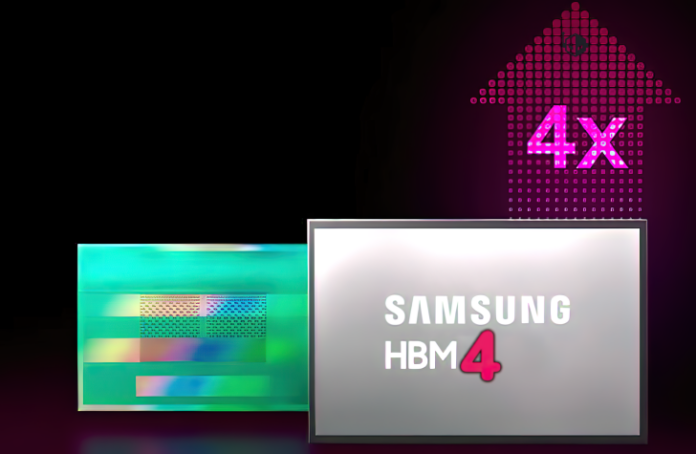
Samsung Electronics has announced plans to mass-produce HBM4 memory by 2025, in an attempt to diversify manufacturing services to cater to the needs of the industry.
HBM4 Standard Will Mark The Transition Of The AI Industry To The Future, Samsung Plans To Contribute Significantly
Sang Joon Hwang, head of the DRAM Product & Technology Team at Samsung Electronics has revealed the development in a blog post at Samsung's newsroom, claiming that the company plans on elevating its memory division. Here is what the executive revealed on Samsung's past developments in the HBM sector:
Samsung mass-produced HBM2E and HBM3, and has developed 9.8 gigabits-per-second (Gbps) HBM3E, which we’ll soon start sampling to customers in our drive to enrich the HPC/AI ecosystem.
Looking ahead, HBM4 is expected to be introduced by 2025 with technologies optimized for high thermal properties in development, such as non-conductive film (NCF) assembly and hybrid copper bonding (HCB).
The information provided in the post reveals that Samsung has already garnered interest from potential clients for its HBM3 memory process, with the likes of NVIDIA in the lead. With the influx of genAI developments, the requirement for relevant hardware has reached new heights, due to which demand for necessary components such as the HBM3 has rapidly increased.
NVIDIA is attempting to diversify its supply chain, and here is when Samsung Electronics comes in handy since the firm has adequate facilities to fulfill the DRAM demand for AI accelerators.

Apart from current-gen progression, Samsung also plans on progressing quickly with the next-generation HBM4 process, with its debut expected by 2025. While specific details on the memory type are slim, Samsung has revealed that HBM4 will feature "non-conductive film" as well as "hybrid copper bonding" which will contribute towards the power efficiency and thermal dissipation of the memory process. HBM4 will indeed mark the transition towards next-gen AI accelerators, opening new doorways in terms of computational capabilities in the industry.
Samsung is shaping up to be a "distinctive" supplier, especially since the company is focusing on developing chip packaging facilities as well. We can potentially see a revival of the Korean giant's memory division in the upcoming years, given that the firm is successful in gaining the trust of potential clients.
WccftechContinue reading/original-link]




